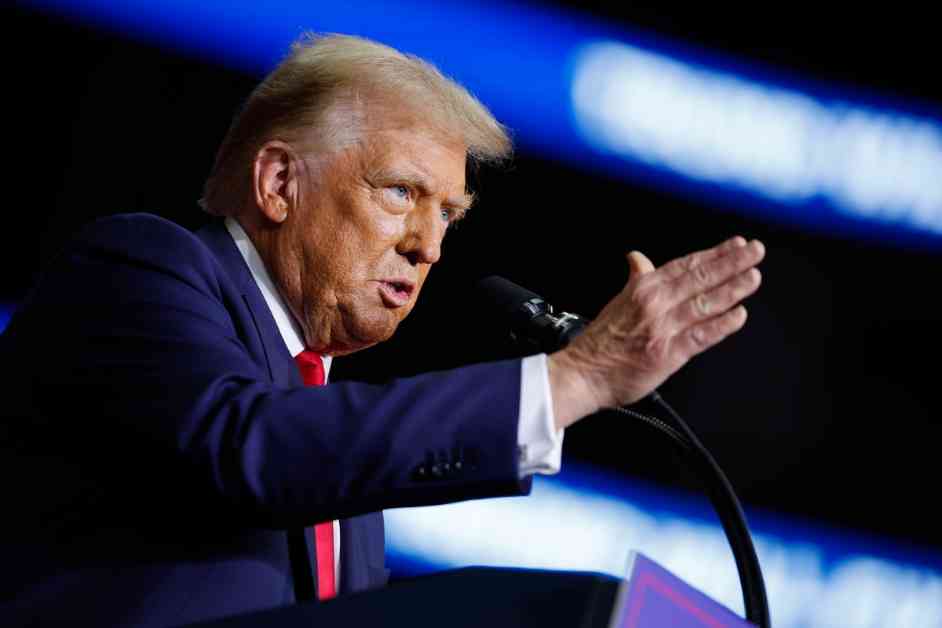Former President Donald Trump’s potential return to the White House is expected to bring significant changes to the nation’s public health insurance programs, increasing the uninsured rate and imposing new barriers to abortion and reproductive care. The impact of these changes could extend beyond Washington, D.C., affecting the Affordable Care Act’s consumer protections, Medicaid work requirements, safety net insurance funding, and public health safeguards.
There are concerns that public health interventions supported by rigorous scientific evidence, such as water fluoridation and childhood vaccinations, may face challenges with the appointment of vaccine skeptic Robert F. Kennedy Jr. to Trump’s inner circle of advisers. This shift in leadership could lead to a weakening of public confidence in established science and the adoption of debunked theories as policy.
While Trump has expressed that he will not seek to repeal the Affordable Care Act, his administration will need to decide whether to extend enhanced premium subsidies for Obamacare insurance plans in the coming year. Without these subsidies, there could be steep premium increases, leading to lower enrollment and a rise in the current uninsured rate of about 8%.
Policy specifics for the potential changes have not been fully outlined, but there is a focus on injecting more competition into ACA marketplaces. Republicans projected to claim a Senate majority could further influence the direction of healthcare policy in the country.
Supporters of Trump believe that he aims to lower healthcare costs and improve the existing law. Efforts to weaken the ACA could involve cutting funds for enrollment outreach, allowing the purchase of health plans that do not comply with ACA protections, and permitting insurers to charge higher premiums for sicker individuals.
On the other hand, Democrats anticipate negative consequences from potential changes to healthcare policy under a Trump administration. They argue that costs for millions of Americans could rise, coverage could be taken away from many, and tax breaks for the wealthy may be prioritized.
The future of Medicare’s authority to negotiate drug prices and Medicaid coverage for lower-income and disabled individuals remains uncertain under a Trump administration. While Trump has expressed support for Medicare and home care benefits, his intentions towards Medicaid and potential spending cuts are less clear. Medicaid could be a target for significant changes, including work requirements and revamped funding structures.
Reproductive health rights are also a concern, as Trump has stated that decisions about abortion restrictions should be left to the states. With several states already imposing restrictions on abortion, the future of reproductive health rights at the national level is uncertain. Trump’s stance on restricting access to abortion medications could further impact reproductive healthcare access.
In conclusion, the potential changes to healthcare policy under a Trump administration could have far-reaching implications for public health, insurance coverage, reproductive rights, and healthcare costs. It remains to be seen how these changes will unfold and what impact they will have on the American healthcare system.




